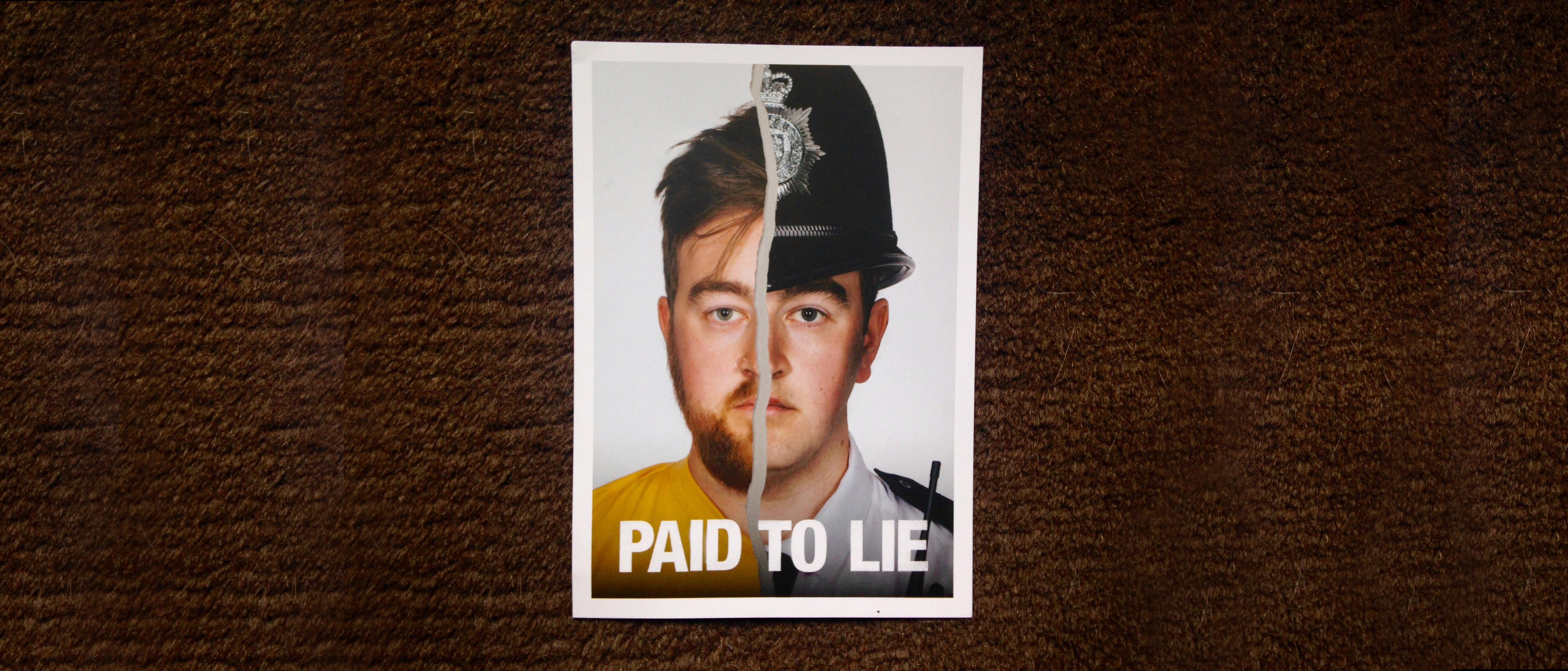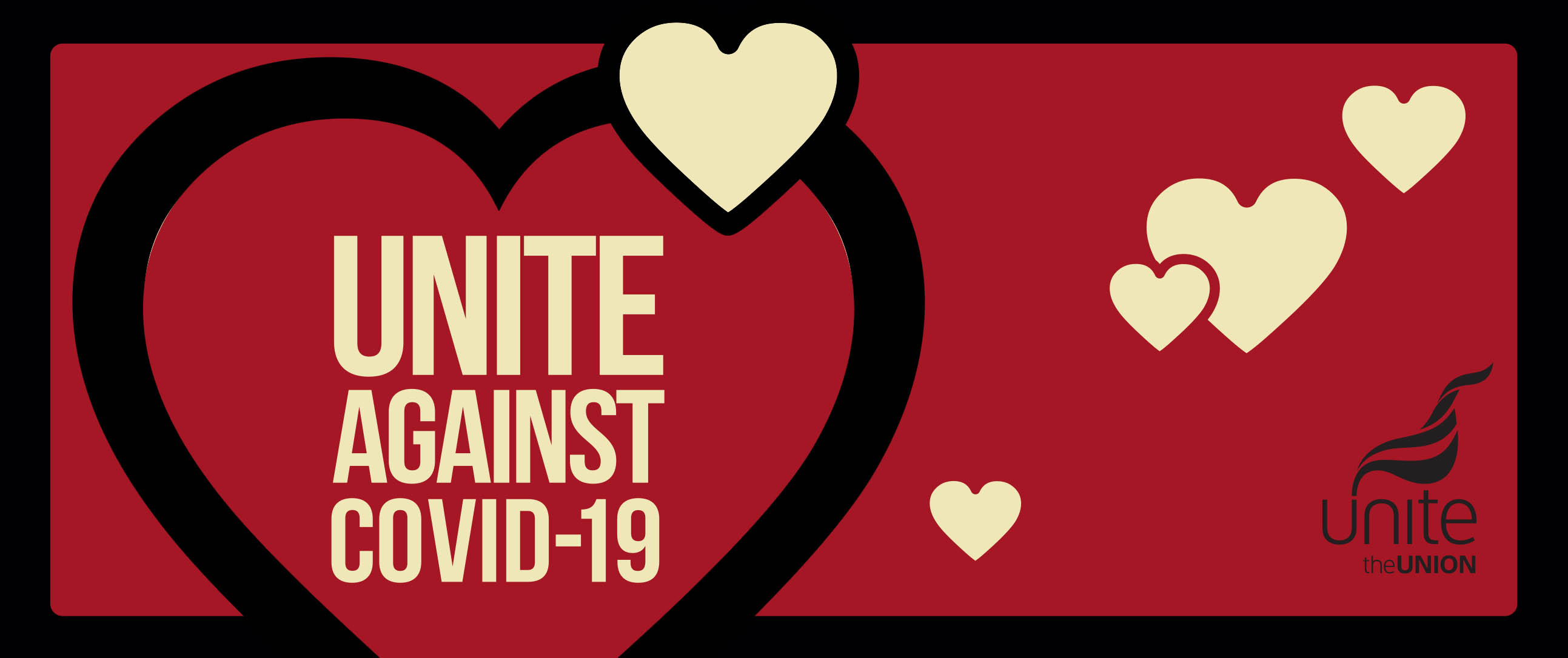Blacklisting still happening
The blacklisting scandal first revealed in 2009, when it was discovered that thousands of construction workers were denied jobs, some for decades, because of trade union involvement, is far from over.
Despite legislation that has made blacklisting illegal in the wake of that scandal, damning new evidence provided by Unite shows the practice is alive and well – and that a full public inquiry is needed now more than ever.
Labour MP Chuka Umunna presented the evidence at a parliamentary Westminster Hall debate today (September 5) as he called for blacklisting companies to be brought to justice.
Despite Unite and other unions securing millions in compensation for workers who were systematically denied work for being trade union members or raising health and safety issues, construction workers are still at risk, and some of the UK’s biggest construction companies have not learned their lesson.
Crossrail
Umunna highlighted compelling evidence of blacklisting still happening in the publicly funded Crossrail project.
The first case, Umunna noted, concerns emails that were circulated between contractors and the employee relations department at Crossrail which detail surveillance of workers that took place at a peaceful demonstration at a Crossrail site in 2016.
“A number of construction workers were being closely watched there and sensitive personal information was being collected in relation to them,” Umunna said.
“Two of the workers concerned who were subject to that surveillance have since sought to obtain further employment on Crossrail and did so through agencies advertising positions. However as soon as they relayed their names there was a delay and then they were subsequently given an excuse as to why the positions have been filled.”
Unite has also sent information to the Information Commissioners Office (ICO), concerning the way in which the publicly funded Crossrail project disseminates information of anyone demonstrating outside of their sites.
The ICO has said the “collection of this type of data is potentially excessive”. In the view of the ICO “it raises the possibility that surveillance is being undertaken without appropriate checks and balances in place.”
It has even been alleged that one Crossrail sub-contractor actually told Unite that the consequences of him employing a Unite member would be the refusal of future work.
“And for obvious reasons the sub-contractor does not wish to disclose their identity,” Umunna said.
Umunna raised a second case of an electrician who has been seeking work in the industry since raising a grievance while working on Crossrail.
“He has since applied for hundreds of job vacancies almost always being turned down,” Umunna noted.
The worker then formally asked Crossrail for the information being held about him in a subject action request under the Data Protection Act.
It was then revealed that Crossrail and three of its contractors were exchanging sensitive personal data concerning this individual’s previous employment, and the issues and grievances he had raised there.
“On the face of it the data appears to be processed for the purpose of determining the individual’s suitability for employment related to his trade union activities,” Umunna said. “The very strong inference from the documents is that some kind of vetting operation was in operation between Crossrail, its contractors and the agencies involved.”
Public inquiry call
Umunna also pointed out the absurdity of construction firm Sir Robert McAlpine – whose director and head of HR both played a central role in funding, compiling and maintaining the historic blacklist that ruined so many lives – now being in charge of fixing Big Ben’s bongs.
The Conservative government, though on the surface denouncing blacklisting, has long voiced opposition to the full public inquiry that both Unite and Labour have called for.
This opposition continues as business minister Margot James said today at the debate that the government still sees no need for a full investigation – even as the evidence is mounting that the practice goes in publicly funded projects.
Umunna demanded that the business minister think again.
“I don’t understand what it is that the government is afraid of,” Umunna said. “If it exposes embarrassing things for people politically that happened in the past – so what? Surely justice is the key here.”
Other Labour MPs joined Umunna’s call for a full public inquiry, for blacklisting to carry criminal sanctions and for the government to deny public contracts to firms involved or suspected of being involved in blacklisting.
Unite assistant general secretary Gail Cartmail reiterated the call for immediate action.
“Contemporary blacklisting is occurring in construction,” she said. “The companies concerned have learned nothing from the Consulting Association scandal.
“Crossrail and its major contractors have been caught red-handed blacklisting workers. This is a publicly funded project and the government can no longer pretend this isn’t happening. They have always claimed they are opposed to blacklisting, now is their opportunity to act.
“Workers are continuing to have their lives ruined simply for being a member of a union, standing up for their rights or raising safety concerns,” Cartmail added. “The companies concerned believe that they are untouchable.
“Construction will only finally rid itself of the stench of blacklisting when effective laws are introduced which bar blacklisters from public sector contracts, and effective anti-blacklisting laws are introduced which make it a criminal offence and there is a full public inquiry into the practice.”
Do you believe that you may be a victim of blacklisting? Find out how Unite can help here.
 Like
Like Follow
Follow


